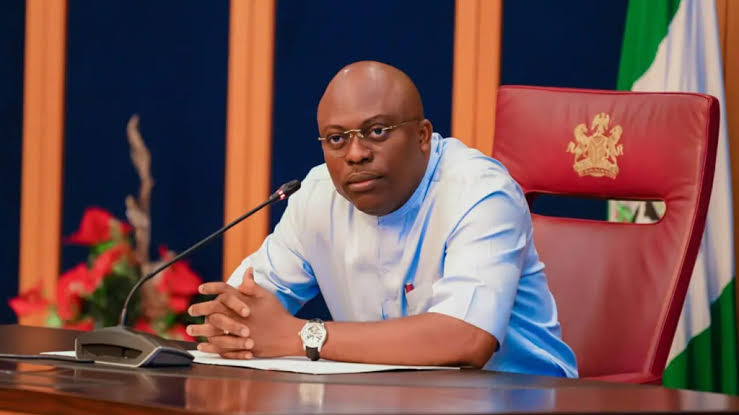The Rivers State judiciary has addressed the controversy surrounding the retirement of Chief Magistrate Ejike King George, stating that he did not leave voluntarily, but was instead retired compulsorily due to misconduct.
Chief Magistrate George recently circulated a letter online, claiming that he chose to retire on his own because he could not continue working under what he described as a “quasi-military administration” in Rivers State. He said the current governance structure goes against the values of the legal profession, calling it unfamiliar and contrary to the rule of law.
However, the Chief Registrar of the Rivers State High Court, David Ihua Maduenyi, spoke to reporters in Port Harcourt on Tuesday, clearing the air. He said George was officially removed from his position due to serious misconduct. According to Maduenyi, George had been absent from duty without permission for an extended period — from August 25, 2023, until December 2024.
“His absence without leave led to disciplinary action,” Maduenyi noted. He explained that a formal complaint was lodged against George, prompting the Judicial Service Commission (JSC) to set up a disciplinary panel.
The panel investigated the matter and found George guilty of the allegations. Based on the findings, the panel advised that George either retire voluntarily or face compulsory retirement. Eventually, the JSC approved the compulsory retirement, which took effect on February 10, 2025.
Maduenyi strongly rejected George’s attempt to connect his retirement with the political changes in Rivers State. “That claim is completely false and misleading,” he said, adding that it appeared to be an effort by George to gain public sympathy and support by painting himself as a victim of the political crisis.
At the moment, Rivers State is under the leadership of retired Vice Admiral Ibok-Ete Ibas, who assumed control following the suspension of Governor Siminalayi Fubara, his deputy Ngozi Odu, and all state lawmakers. The suspension came after President Bola Tinubu declared a state of emergency in the state due to ongoing political tension, which he said posed a serious threat to democracy and peace.










